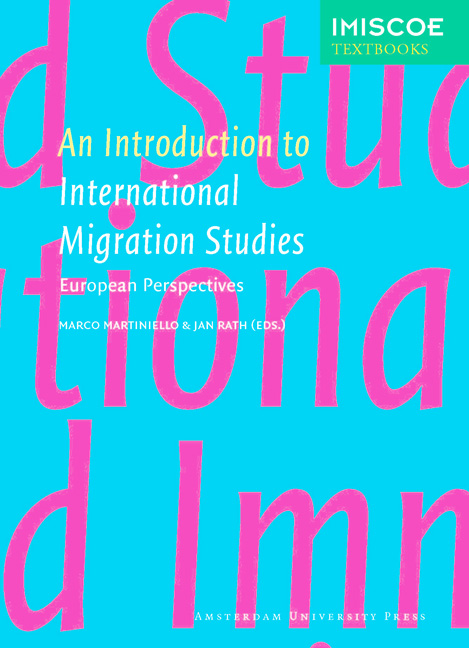7 - Migration and Social Transformation
Published online by Cambridge University Press: 14 January 2021
Summary
Introduction
The movement of people is a key aspect of social change in the contemporary world. Yet studies of migration still play a limited role in the general social theories that seek to provide a framework for analysing contemporary society. Much migration research today is driven not by scientific inquiry but by policy needs. In other words, research is initiated by policymakers and aimed at answering short-term administrative questions. A vicious circle is then perpetuated, in which social theorists see migration research as a second-rate and narrow field, which reduces their willingness to afford spatial mobility an important place in their analyses of social change. Migration researchers, for their part, become even more bound by research questions and methodologies generated by bureaucratic agendas for the management of migration and integration processes. This reinforces ‘methodological nationalism’ in migration research (Wimmer and Glick Schiller 2003) – that is, the use of conceptual frameworks that correspond to entrenched national assumptions about how to deal with migration and minorities. Despite the growth of transnational approaches (e.g. Levitt and Glick Schiller 2004; Portes et al. 1999), much migration research remains oriented to models of ‘container societies’ (Faist 2000) while critical social theory is moving away from its earlier preoccupation with borders (Beck 2007).
This chapter argues the importance of developing a conceptual framework for migration studies that overcomes its isolation from wider issues of global power, wealth and inequality. The proposed framework is based on a concept of social transformation that stems from the work of Karl Polanyi (2001). A number of social scientists, such as Stiglitz (2002), have re-worked Polanyi's theory of the nineteenth- century ‘great transformation’ to analyse recent economic globalisation and the rise of neo-liberalism. Here, the argument is presented that these accelerated processes of social transformation form a crucial context in which to analyse migration. Studying migration separately from this context is likely to lead to mistaken ideas about the controllability of mobility and of cultural diversity in societies affected by migration. In contrast, viewing migration as a key aspect of broader social transformations can enrich both migration studies and the social sciences as a whole.
- Type
- Chapter
- Information
- An Introduction to International Migration StudiesEuropean Perspectives, pp. 155 - 178Publisher: Amsterdam University PressPrint publication year: 2012

